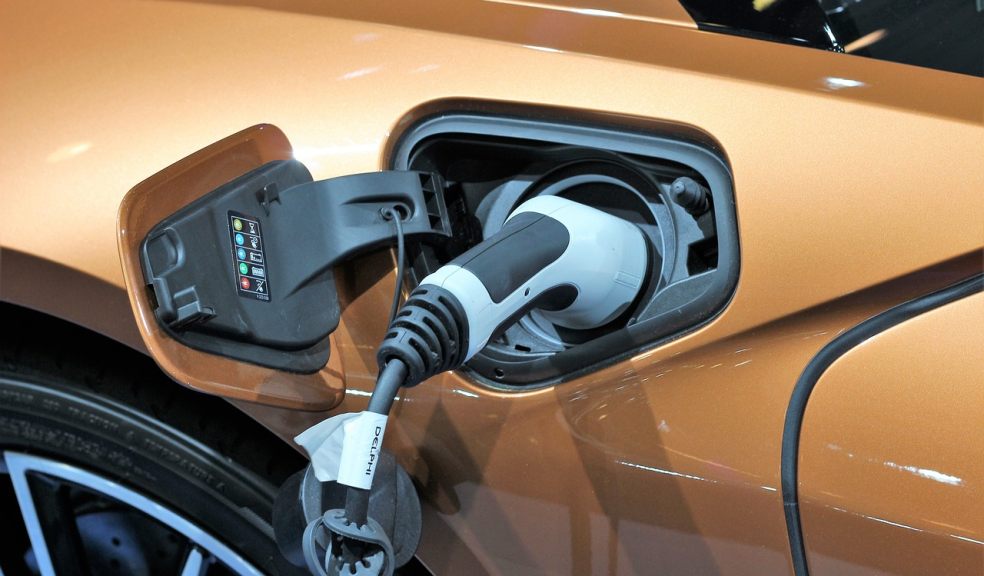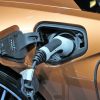
What are the pros and cons of electric vehicles?
The government is ending the sale of petrol and diesel cars and vans by 2030. This means that we have around seven years to prepare for some significant changes in the way we drive.
In fact, we’re already seeing people make the move to electric vehicles (EVs). According to the RAC, around 456,000 battery-operated EVs are on UK roads, and around 77,000 of these were registered in 2022.
As we begin to refocus how we get around, it’s worth considering the pros and cons of electric vehicles. While this new driving technology will be a major part of our future, we’ll need to weigh up whether we jump in and make the switch now or hold off giving up traditional motors for a while.
The pros of EVs
- Environmental impact
As well as phasing out traditionally fuelled cars, the government has set a target to reach carbon net zero by 2050. This means we’ll slow and hopefully even out the amount of carbon we release into the atmosphere. To get to this point, we’ll need to tackle some of the biggest contributors to the UK’s carbon footprint, and that means focussing on the vehicles we use. Burning fossil fuels such as petrol and diesel is having a detrimental effect on the planet.
Therefore, EVs have become the go-to option. By using electricity rather than fossil fuels, we’re emitting less pollutants and greenhouse gases than petrol and diesel cars. Plus, electricity is a renewable source of power, so it’s not finite, unlike oil used to create standard fuel.
- Performance and maintenance
With standard vehicles, you need to consider oil levels. If there’s not enough oil, the engine can become damaged, potentially meaning you’ll need to swap out your car for a different model. This isn’t the case with an EV.
Additionally, EVs are typically quieter and perform better than standard motors. This is because they tend to be more technologically advanced than traditional-fuel cars, plus they require less maintenance due to them using newer tech.
- Running costs
Electricity is a cheaper power source than petrol and diesel – especially right now. Fuel prices are currently at a high, meaning that many drivers are rethinking how they get around and whether they can eke out the fuel that’s left in the tank for another day. Electricity, on the other hand, remains more affordable than petrol and diesel.
The cons of EVs
- Cost
There are cost benefits of moving to electric. However, the initial outlay for an EV is significantly more than for a standard motor. It is possible to spread the cost of your new EV with something like a car loan or car financing plan, which can make owning an electric car more accessible. This route involves ensuring you can keep up with the repayments before taking the plunge, but if it works then it could be an option.
- Charging
We’re still in the early stages in terms of electric. This means that, while there are petrol stations in almost every city, town and village in the UK, we’re still building the infrastructure needed to support a nation of EV drivers. This can be an issue for those who are already driving EVs as they need to plan their journeys around known and trusted charging ports. This will change over time, however, as more of us move away from standard motors.













